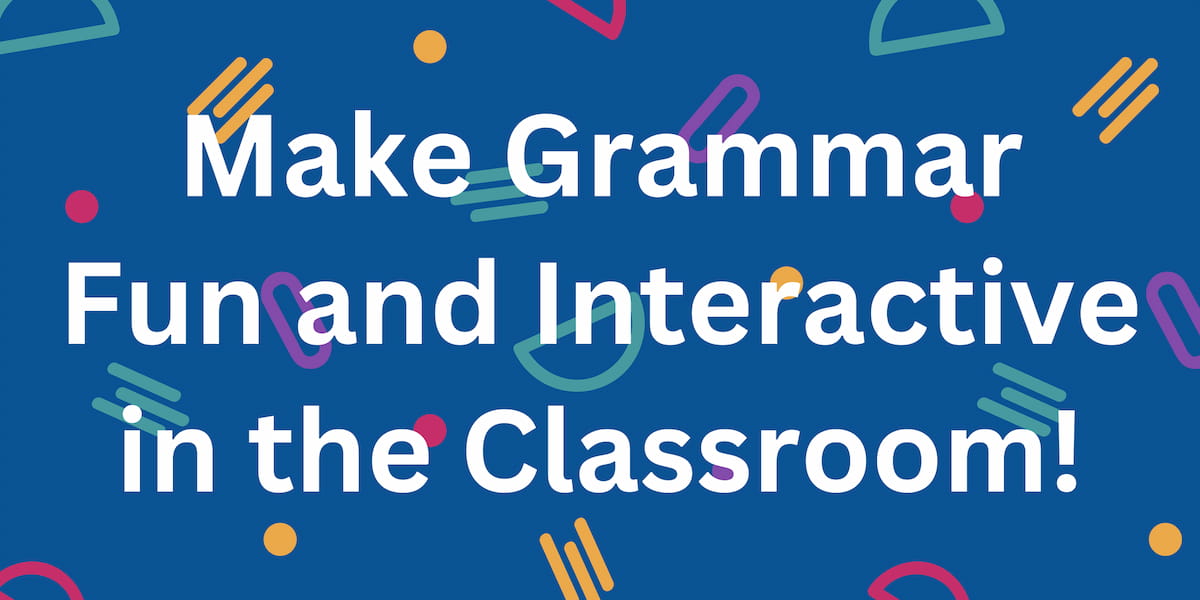7 Reasons I Can Tell My Students Why English/Language Arts Class is Important
Yes – you’re out there on the front lines, defending yourself and your job from all sides. No – not from your administration. No – not from Chat-GPT. From your students! Be sure to share these 7 reasons why your English/Language Arts class is so important to your students (other … Read more












